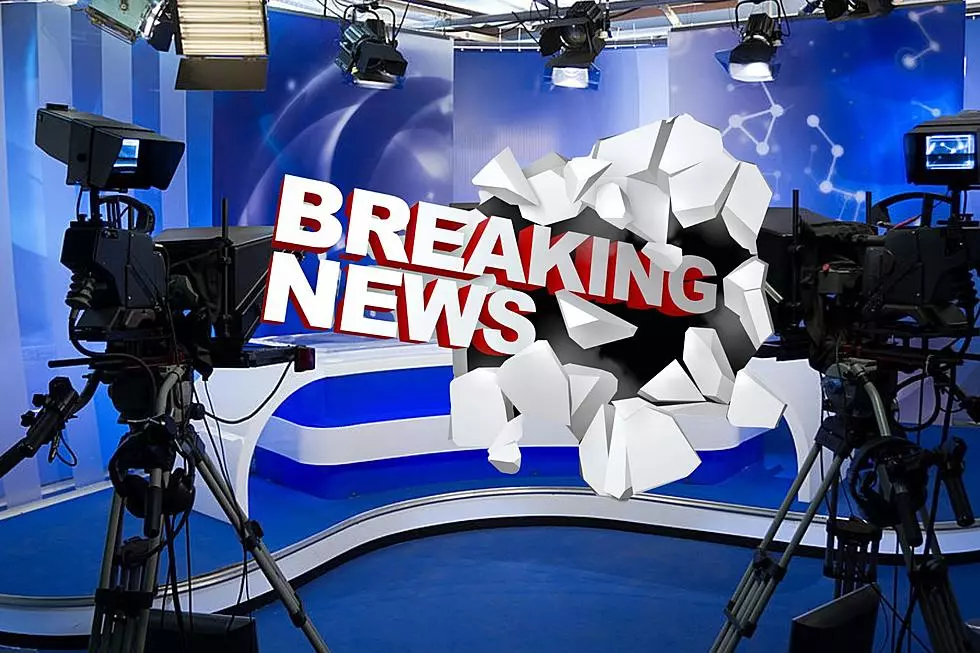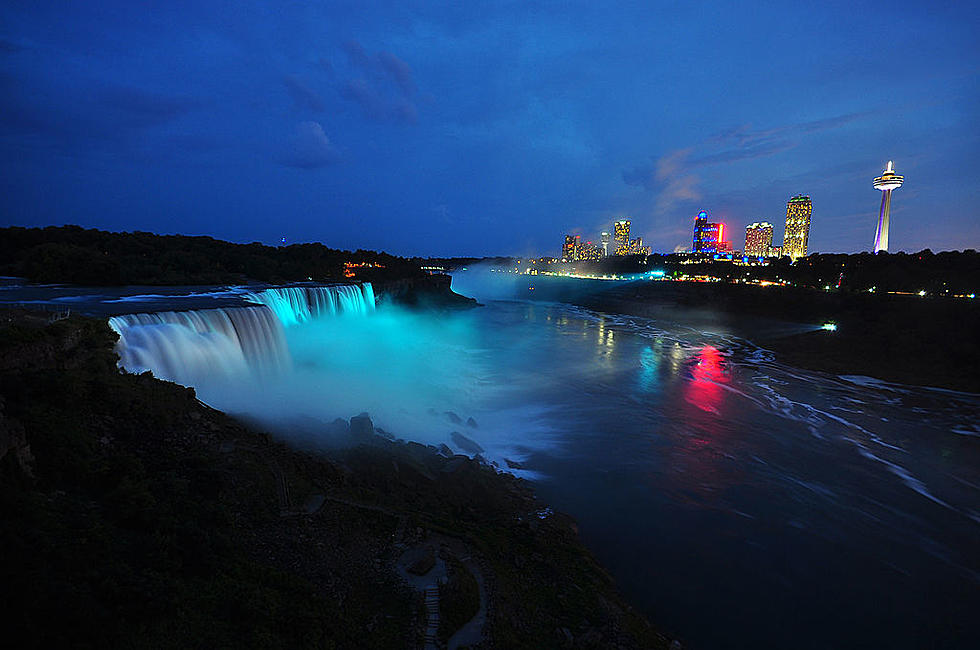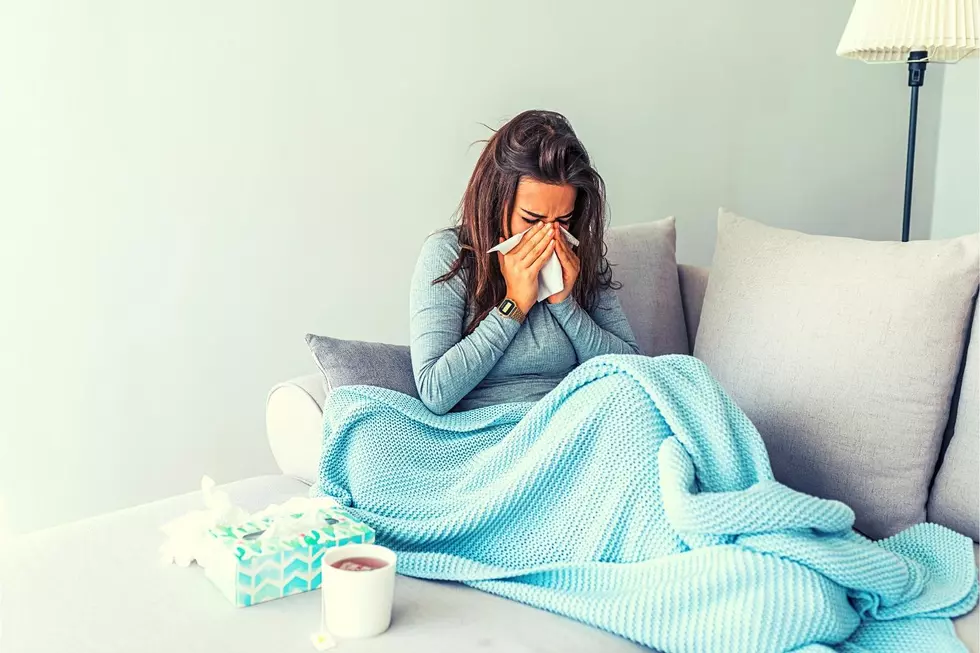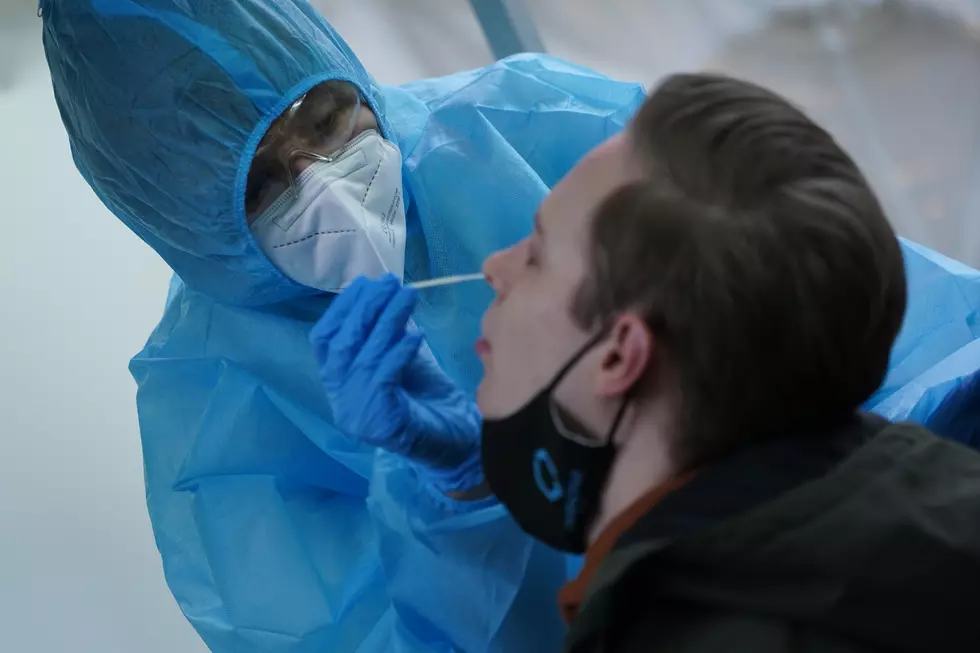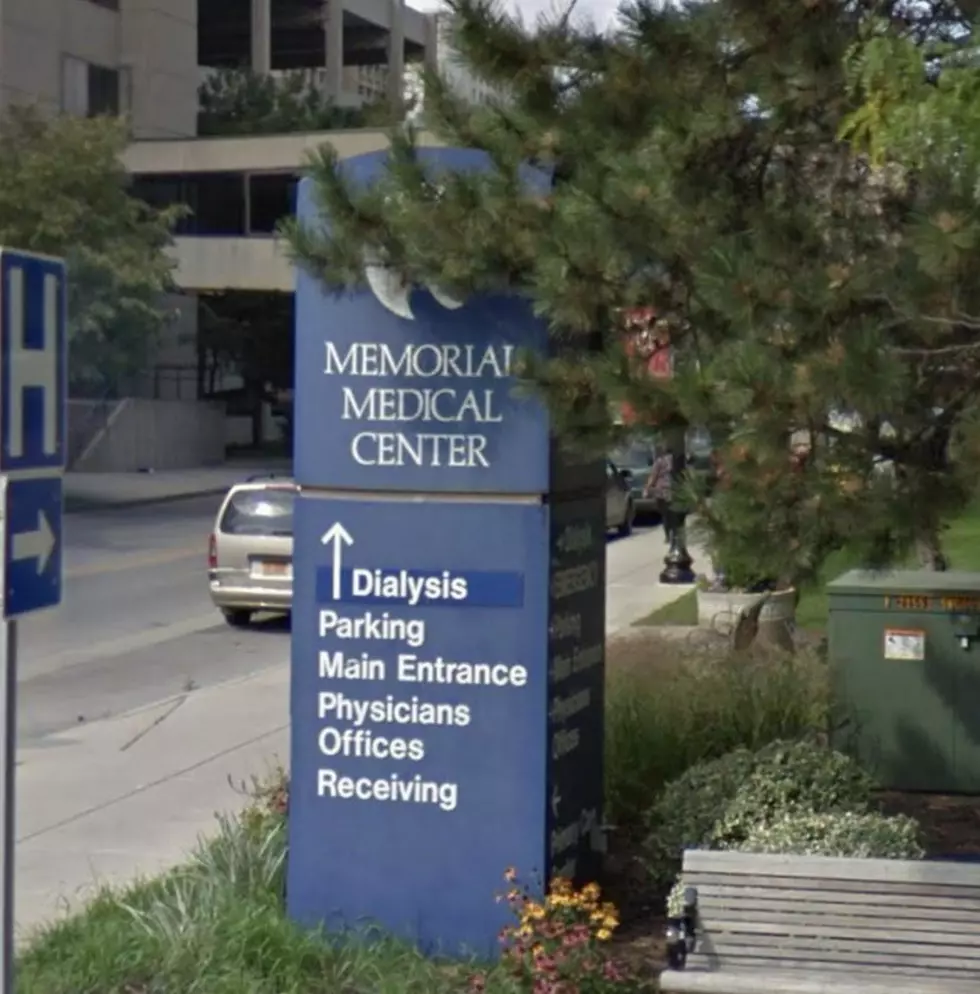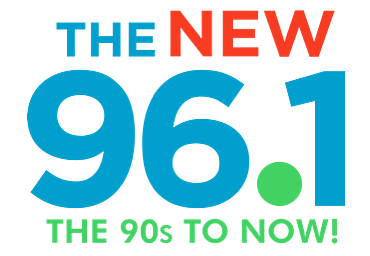
Monoclonal Therapy: Helping ‘At-Risk’ COVID Patients Available In WNY
For Guadalupe Ramirez first came the sniffles which she dismissed as nothing to be worried about. She took a pill. And forgot about them.

Next came the searing back pain. . She'd had rheumatoid and osteoarthritis for more than a decade, and recovered from a brain tumor in 2018 so pain was not new or unusual to her.
She called her doctor to report the new flare-up and its unusual location along her spine.
Ramirez thought the doctor was being silly and overly cautious when she suggested getting a COVID-19 test. Ramirez had barely left the house in months. The test came back positive.
Now, her doctor became insistent: Get monoclonal antibodies and get them fast.
Although it was nearly an hour's drive to the nearest center providing the antibody treatment on a Friday Ramirez made the trip.
It may have saved her life.
"By Saturday, I wanted to go jogging," said the 55-year-old former probation officer. "I woke up like somebody gave me a happy pill."
Monoclonal antibodies, which provide extra immune soldiers to help the body fight off COVID-19, are aimed at people who are at high risk for serious disease because they will likely have trouble fighting off the virus on their own.
Former President Donald Trump credited them for quickly restoring him to health when he caught COVID-19 last fall. He called on the government to provide free doses to any high-risk American who needed one.
Some Western New York hospitals now offer the same intravenous drugs to local Covid-19 patients that President Trump received during his brief bout with the virus.
Niagara Falls Memorial Medical Center has an outpatient clinic to offer monoclonal antibody infusion therapy. Kaleida Health reportedly has the drugs available at its DeGraff Medical Park site in North Tonawanda. At Erie County Medical Center, a monoclonal antibody clinic opened last November.
Last month, the Biden administration announced a $150 million plan to improve access to the drugs, particularly among vulnerable people.
The drugs, which are considered safe for most people, already have become more accessible, doctors say. And they work well when a patient or doctor asks for them early enough in the disease course.
"We're finally getting them into people," said Dr. Daniel Griffin, an infectious disease specialist with New York-based healthcare provider ProHEALTH.
Research has shown that the drugs are effective, helping 80% to 90% of patients who receive them to avoid hospitalization or worse.
Griffin said more research is needed to know whether it makes sense to provide monoclonal antibodies to those with less than the highest risk for severe COVID-19, or whether they can prevent symptoms of "long COVID," which can linger for months after infection.
According to its FDA authorization, monoclonal antibodies are recommended to be used in adults who are over 65, immunocompromised, have a body-mass index of 35 or above, chronic kidney disease, diabetes requiring medication or coronary artery disease.
The key to getting monoclonals to work is to get them fast.
Monoclonal antibodies are expected to continue to be useful even as most people are vaccinated, Huang said. Those who are immunocompromised, are unlikely to get full protection from vaccines, and are at high risk for bad outcomes if they catch COVID-19. There also will be people who decline vaccination but then get sick.
Getting an infusion early in their infection could be lifesaving, he said.
Because the drugs, which would normally cost about $2,000-$2,500 for a single-dose treatment, are provided for free and widely distributed, monoclonal antibodies should be made rapidly available to anyone at high-risk Huang said.
"It's not something that's only available to rich and influential people," he said. "As a society we need to make sure everybody has equal access to that, especially the underserved population."
Monoclonal antibodies are similar in theory to convalescent plasma, in which patients are given a blood product from people who have recovered from the disease.
"The pandemic has shown that monoclonal antibodies are a very rapid solution because of their predictable safety and dosage prediction – you can really model out how they're going to work," Peppercorn said. "Because they're part of the human immune system, they're a very safe type of approach for a pandemic."
Currently, monoclonals are believed to provide protection for about three months.
READ MORE: Inspiring Stories From the Coronavirus Pandemic
KEEP READING: These are the top 6 scams connected to the pandemic
More From The New 96.1 WTSS
